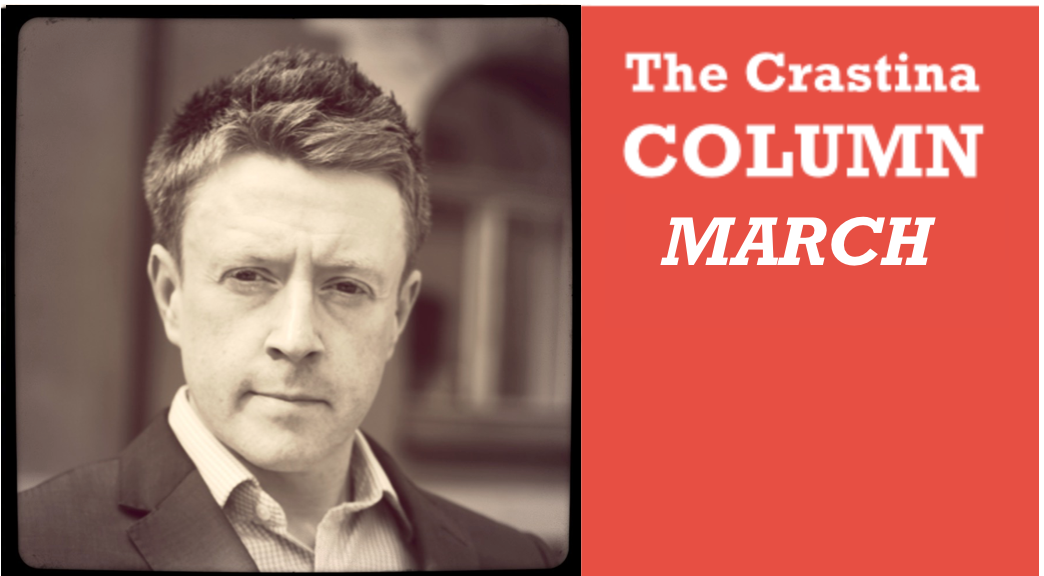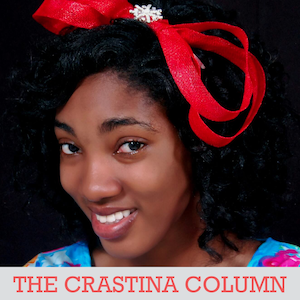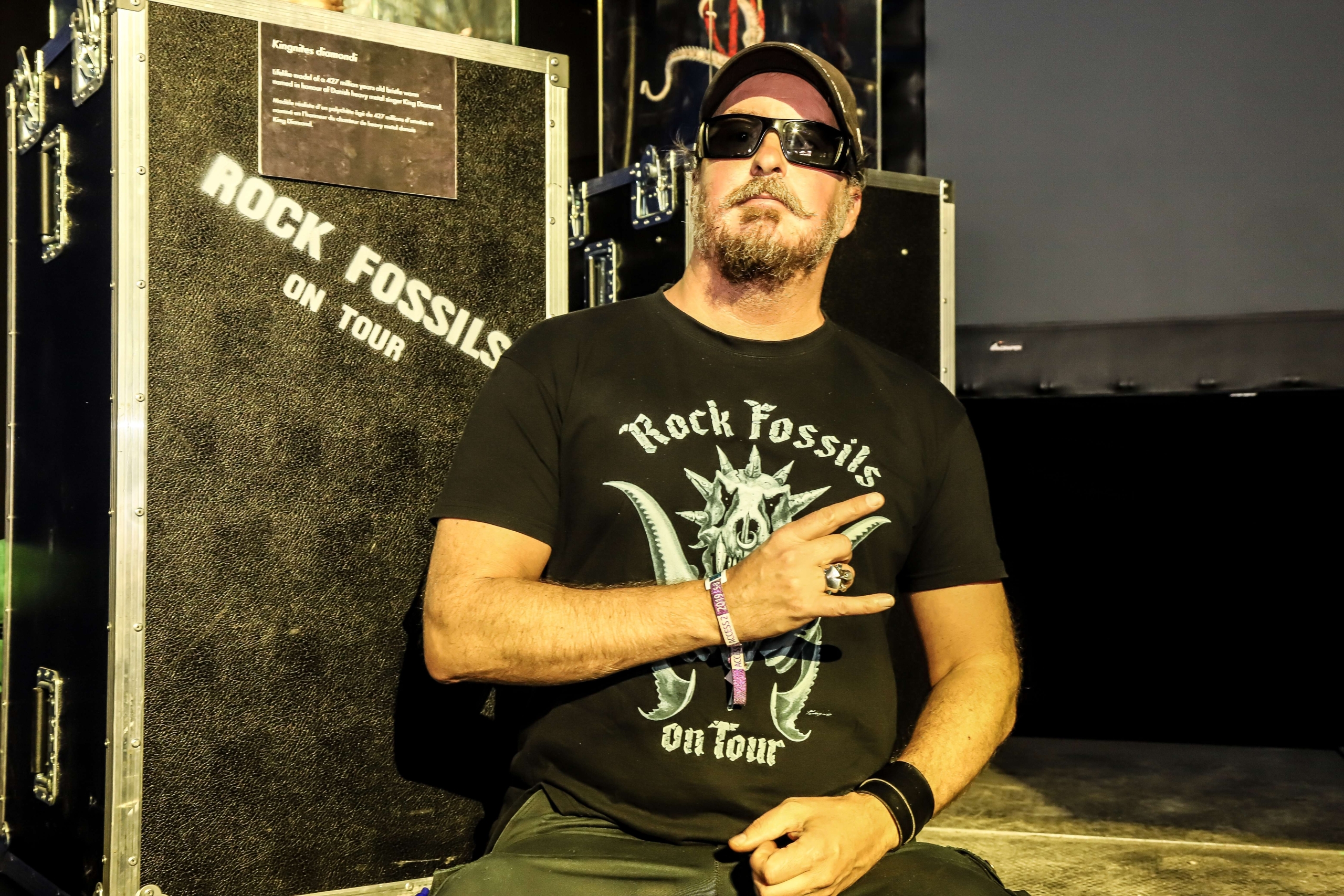Crastina is a platform for the exchange of experience, knowledge and inspiration regarding both scientific peer-to-peer communication and science dissemination
- What? An international network of (mostly young) people who love to communicate science & tech.
- Why? We think science needs to be communicated with more passion and professionalism.
- Where? On our website with interviews & resources + on social media + on Skype and IRL.
- Who? A content group (the Crew), a think tank (the Academy), + lots of friends & contacts.
- When? Right now – as a matter of fact, we’ve just geared up.

Terrible or Formidable? You are in charge of how the recruiters perceive you!
Presenting oneself in an industrial context can be a true challenge for researchers fostered in an academic culture. Bérénice Kimpe, career facilitator for PhDs in France and Germany, has a main message: make sure you present yourself the way you want to be perceived.

Photo on your CV or not? – the complete guide
Should you include your photo on your CV or not? This guide is a follow-up to The Crastina Column of March 2016, “The CV controversy: maybe you are asking the wrong question?”.

The great CV controversy: maybe you are asking the wrong question? (Barry O’Brien, March 2016)
All seekers of jobs or lab positions have had reason to ponder over the eternal question: “Is it OK to put photos on your CV or not?” Barry O’Brien, British career coach based in Stockholm, has a very definitive answer: “It depends …”


















